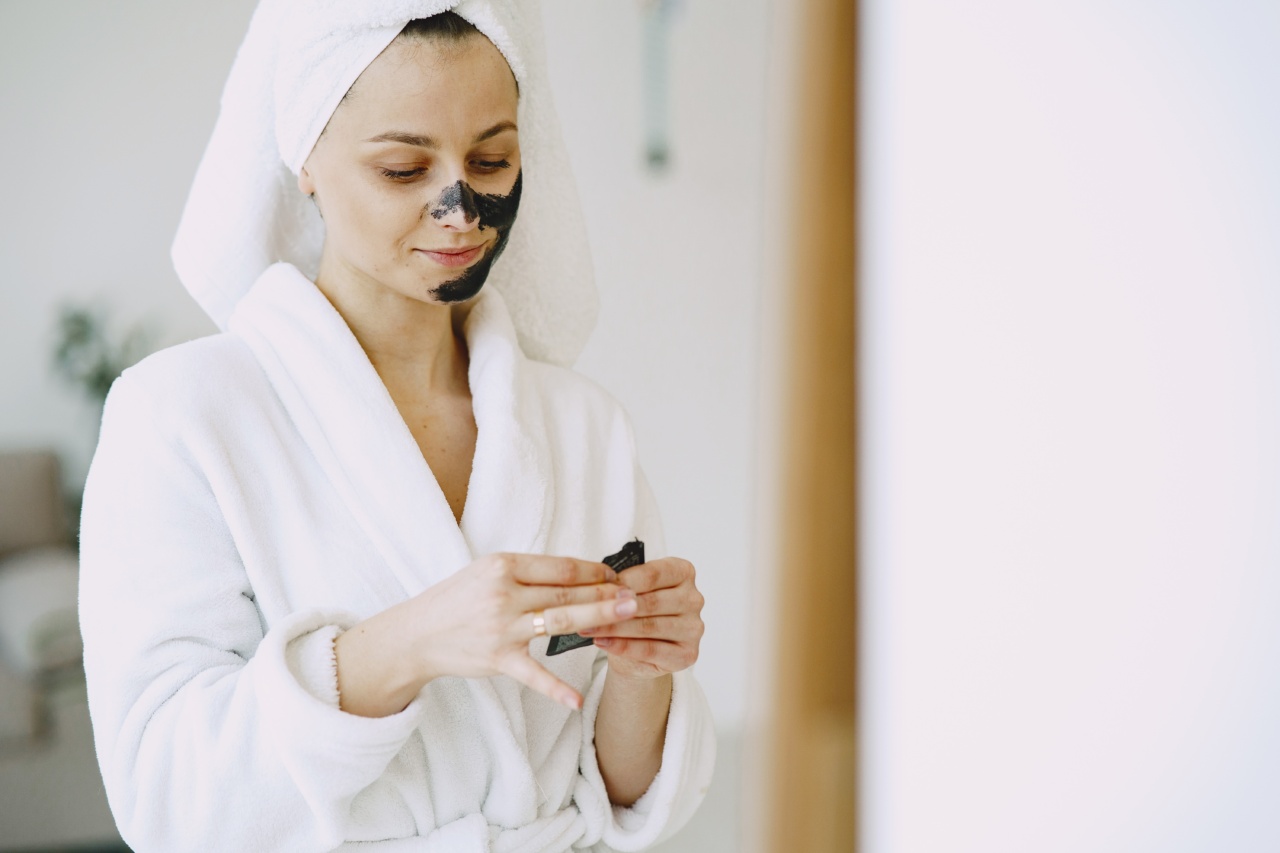In recent years, there has been a growing obsession with large facial resources. From beauty standards influenced by social media to the rise of cosmetic surgeries, society’s focus on facial appearance has reached new heights.
This obsession has not only affected individuals’ self-esteem and mental health but has also had significant implications on the beauty industry and healthcare system. In this article, we will explore the reasons behind this obsession, its consequences, and potential solutions to address the issue.
The Influence of Social Media
Social media platforms like Instagram and TikTok have played a significant role in promoting and perpetuating the obsession with large facial resources.
These platforms showcase influencers and celebrities with perfect facial features, flawless skin, and augmented features through filters and editing tools. Users, especially impressionable young individuals, often compare themselves to these unrealistic standards and strive to achieve the same level of facial perfection.
This constant exposure to idealized faces has fueled the obsession with large facial resources.
The Rise of Cosmetic Surgeries
Another contributing factor to the obsession with large facial resources is the increasing popularity of cosmetic surgeries.
Procedures such as rhinoplasty, chin augmentation, lip fillers, and jawline contouring have become common practices to achieve a certain facial aesthetic. The normalization of these procedures, coupled with the desire to conform to beauty standards, has led many individuals to turn to cosmetic surgeries as a solution to their perceived facial inadequacies.
However, this reliance on surgical intervention may not address the underlying insecurities and can have severe physical and psychological consequences.
Psychological Implications
The obsession with large facial resources can have a detrimental impact on individuals’ mental health and well-being. Constant comparison to unattainable beauty standards can lead to low self-esteem, body dysmorphia, anxiety, and depression.
Additionally, the pressure to meet these standards may cause financial strain for individuals seeking expensive cosmetic surgeries, leading to further emotional distress. It is crucial to recognize and address the psychological implications caused by this obsession to promote a healthier and more accepting society.
Unrealistic Beauty Standards
Our society’s obsession with large facial resources stems from unrealistic beauty standards that prioritize certain facial features over others.
From the perfectly sculpted jawline to plump and defined lips, individuals are constantly bombarded with ideals that may not be achievable for everyone. This narrow focus on specific attributes leads to a lack of diversity and inclusion in defining beauty, further perpetuating feelings of inadequacy among those who do not conform to these standards.
Education and Awareness
One potential solution to combat the obsession with large facial resources is through education and awareness.
Promoting body positivity and self-acceptance through educational programs in schools and communities can help individuals develop a healthier relationship with their appearance. Providing information about the dangers and risks associated with cosmetic surgeries is also crucial to discourage unnecessary procedures and promote a more balanced perspective on beauty.
Encouraging Natural Beauty
Shifting the beauty narrative to embrace and celebrate natural beauty is another effective solution. Media platforms and beauty brands can play a significant role in this by featuring diverse models and influencers with a range of facial features.
Instead of promoting a homogeneous standard, highlighting unique traits and encouraging individuality can help redefine beauty and reduce the obsession with large facial resources.
Regulating the Beauty Industry
The beauty industry has a significant impact on individuals’ perception of beauty and can contribute to the obsession with large facial resources.
Regulating the industry to ensure transparency and ethical practices will help protect consumers from false advertising and unrealistic claims. This can be achieved through stricter regulations on beauty advertisements, requiring disclaimers for edited images, and promoting authentic representation in marketing campaigns.
Boosting Self-Esteem and Mental Health Support
Last but not least, providing accessible mental health support and boosting self-esteem are crucial in addressing the obsession with large facial resources.
Offering therapy, counseling, and support groups can help individuals navigate their insecurities and develop a positive body image. Building confidence by emphasizing inner qualities and talents rather than external appearance can shift the focus away from physical attributes and ultimately reduce the obsession with large facial resources.
In Conclusion
The obsession with large facial resources is a complex issue perpetuated by social media, unrealistic beauty standards, and the rise of cosmetic surgeries.
It negatively impacts individuals’ mental health and self-esteem, as well as the beauty industry and healthcare system. However, through education, encouraging natural beauty, regulating the beauty industry, and providing mental health support, we can find a solution to this obsession.
It is crucial for society to redefine beauty standards and promote self-acceptance to create a more inclusive and healthy environment for all.






























